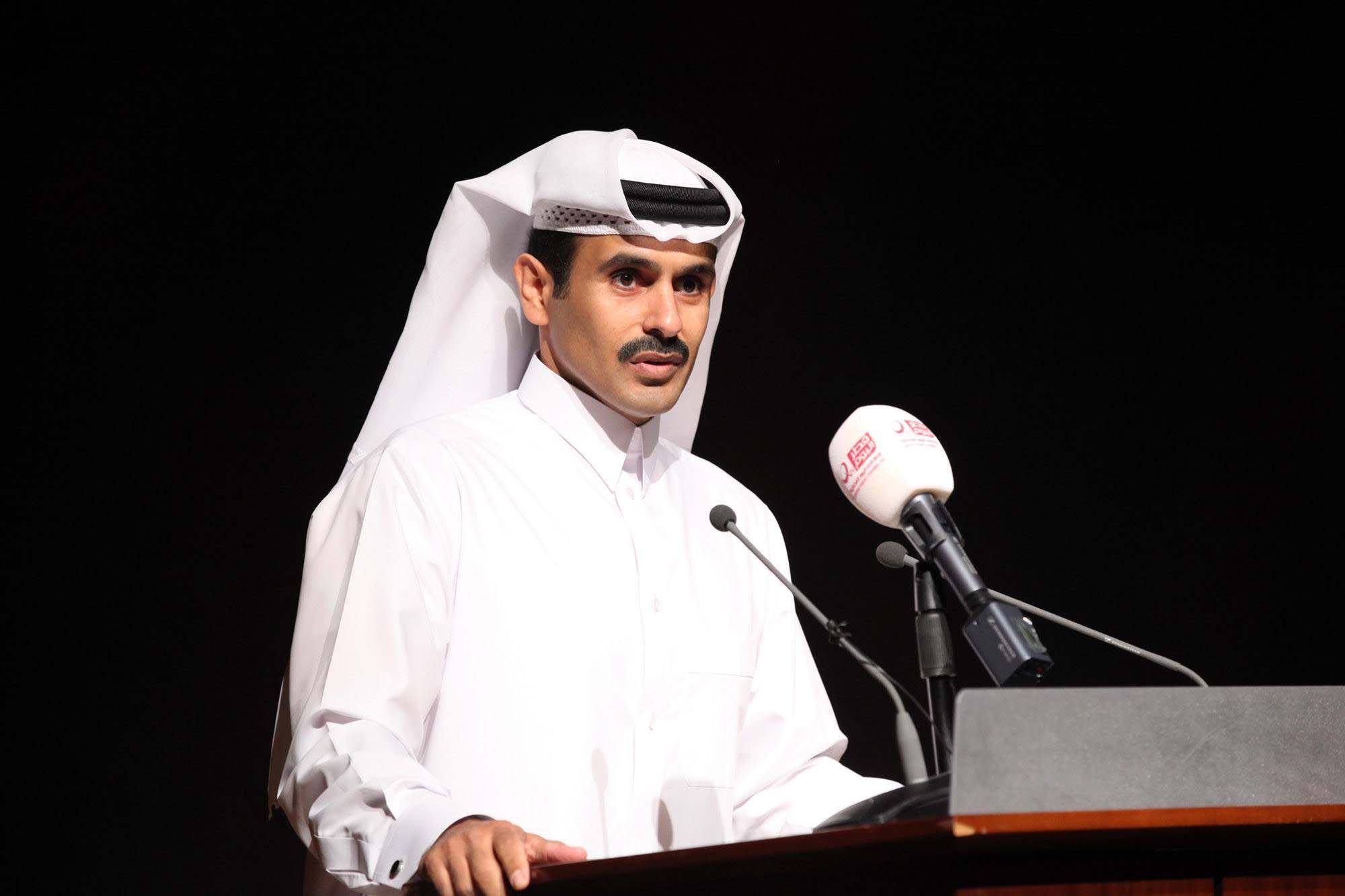The media campaign against Qatar’s hosting of the major event increased in the lead up to the tournament as well as during.
LGBTQ people are welcome to attend the World Cup in Qatar, but the West is not entitled to “dictate” how Qataris should think, the country’s energy minister told a German newspaper.
“If they want to visit Qatar, we have no problem with it,” Qatar’s Energy Minister and QatarEnergy CEO Saad Sherida Al Kaabi told Bild in remarks published on Wednesday.
However, he maintained that the West wishes to “dictate what it wants” to Qatar.
“If you want to change me so that I will say that I believe in LGBTQ, that my family should be LGBTQ, that I accept LGBTQ in my country, that I change my laws and the Islamic laws in order to satisfy the West – then this is not acceptable,” Al Kaabi added.
Qatar and Germany’s relations as of lately have been rocky.
The Qatari official’s comments came as the two sides witnessed a major liquified natural gas (LNG) deal signed on Tuesday. Under the deal, Germany will receive LNG from Qatar starting from 2026 and lasting over the span of 15 years.
Qatar’s businesses, however, will not be affected by politics as long-term energy deals mutually benefit the buyers and sellers, Al Kaabi stressed on Wednesday.
The Gulf country has been under incessant Western scrutiny over its alleged mistreatment of the LGBTQ community in a bid to vilify Qatar, with recent moves coming from Germany in an attempt to assert their beliefs.
Germany’s Interior Minister Nancy Faeser criticised Qatar’s human rights record last month during an interview with local German broadcaster ARD network, ahead of her planned trip to Doha the same month.
Her remarks triggered a spat between Doha and Berlin, which saw the former summon Germany’s envoy to Qatar. Qatar handed him an objection memo to express its “disappointment and complete rejection and condemnation” of Faeser’s comments.
Upon visiting the Gulf nation, the German top diplomat then told the press that she acknowledged the “very good laws” and reforms that have been implemented in the last few years. Faeser also said her comments were “misinterpreted”.
The German minister was spotted at the stadium during the Germany vs Japan match wearing the “OneLove” armband that advocates for the rights of the LGBTQ community.
FIFA had banned athletes from wearing it on the pitch as any modification to sports attire required its pre-approval.
In the same game, Germany’s team covered their mouths in their first World Cup game to protest FIFA’s banning of the armband.
As a response to Germany’s World Cup protest, Qatari football fans on Sunday covered their mouths while holding posters of former Germany player Mesut Ozil during the game against Spain.
Ozil, a child of Turkish immigrants who was born in Germany, charged the nation’s football federation, supporters, and media with racism in their treatment of persons of Turkish ancestry. “I am German when we win, but I am an immigrant when we lose,” Ozil said at the time.
Ozil criticised China’s treatment of Uyghur Muslims in 2019, prompting serious backlash from the relevant club authorities. His club at the time, Arsenal, distanced itself from his comments, stating that it “does not [get involved] in politics”.
Several officials have pointed out the “racist” motives behind some of the anti-Qatar campaign, which has overshadowed major reforms made by Doha.
The campaign against Qatar and its hosting of the 2022 FIFA World Cup is linked to Europe’s refusal to see a country outside its region take on the tournament, Qatar 2022 CEO Nasser Al Khater said during a recent interview ahead of the major event’s kick-off.
“European countries feel they have monopoly over the World Cup,” Al Khater told Al Jazeera Arabic in a televised interview early November.
“Europe has hosted 11 tournaments out of 22 tournaments, of course it refuses that a country like Qatar or an Arab Muslim country hosts a tournament like the World Cup.”







